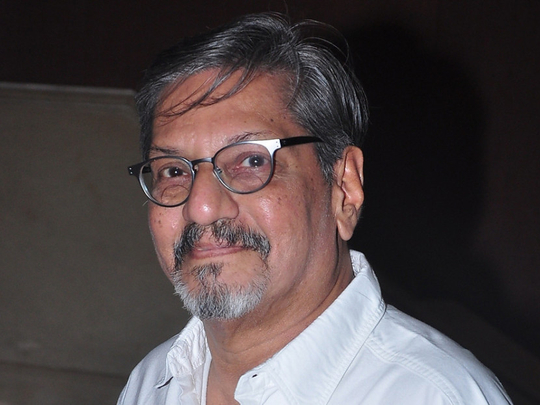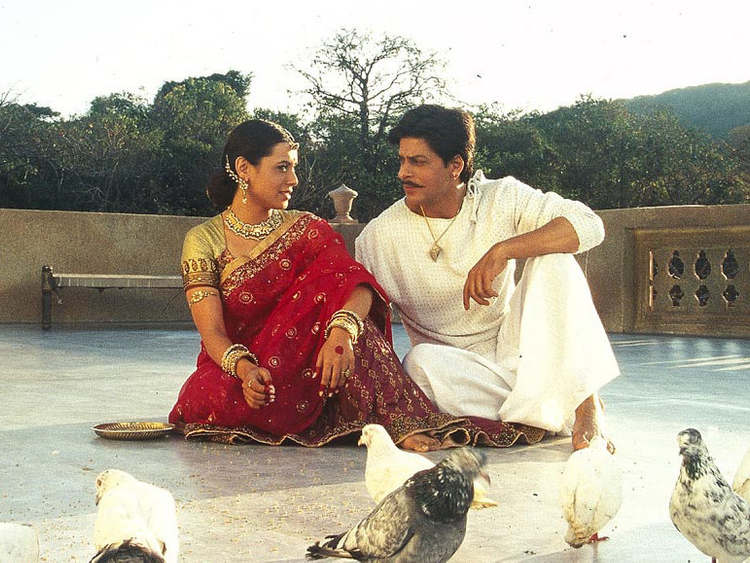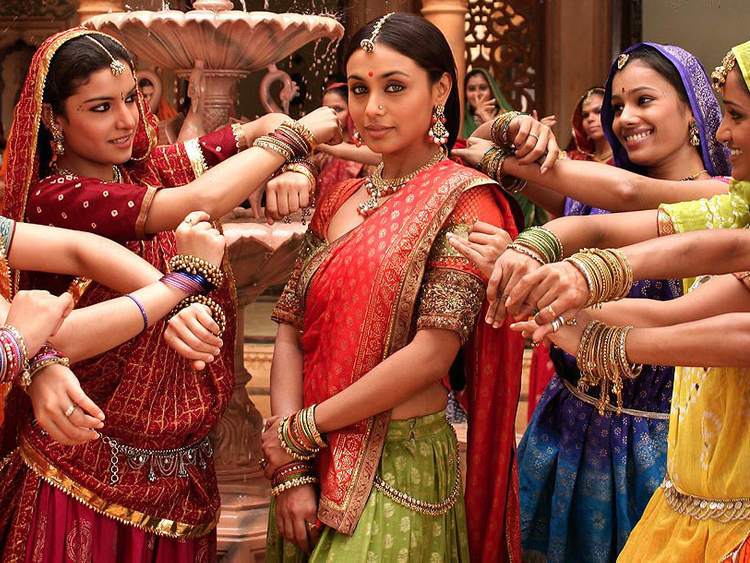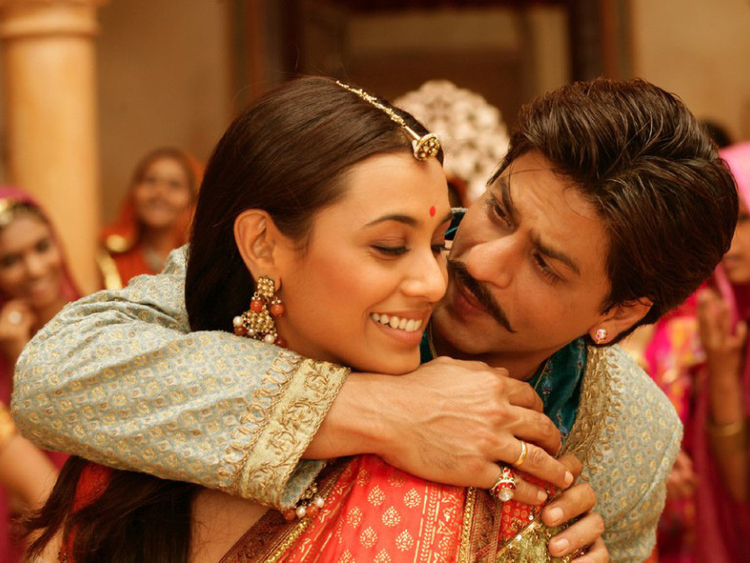
A distinguished Indian director who once scoffed at the Oscars has been appointed chairman of a jury to pick the country’s official entry in the Best Foreign Language Film category of the 88th Academy Awards, which will be held on February 28, 2016, in Los Angeles.
Amol Palekar, 70, heading the 17-strong secret jury assembled to select a movie to represent India, criticised the Oscars a few years ago despite his film Paheli, starring Shah Rukh Khan and Rani Mukherjee, being India’s official entry for the Academy Awards in 2005.
Palekar, a doyen of Hindi and Marathi cinema, famously announced in 2009 that India’s own National Awards were far more prestigious than the Oscars and advised countrymen to get rid of their Oscar fixation.
“We have started receiving nominations and the last date for sending entries is September 12,” Supran Sen, Secretary General of the Mumbai-based Film Federation of India (FFI), assigned to invite nominations and screen them for a jury, told tabloid!
Sen said that screenings will take place in Hyderabad from September 17 and within a week the jury will zero in on one submission to represent the Indian film industry at the fabled Oscars.
The deadline for sending the entry to the Academy is October 1. Only those films that have been commercially released in India since October 1, 2014, and that ran for at least a week are eligible for nomination — for an entry fee of Rs50,000 (Dh2,774).
“Obviously, many good films are in the fray this time as they indeed are every year. But I would desist from naming them because I don’t want any producer whose film I fail to mention, grabbing me by my throat and strangling me to death,” Sen responded when tabloid! asked him to name the front-runners.
Although the FFI formally announces the chairman’s name, the names of jury members are not disclosed, apparently to shield the selectors from pressure by rich and powerful producers in one of the world’s most unscrupulous yet highly profitable entertainment businesses.
Palekar has directed 20 films, including National Award-winning Dhyaas Parva and Quest, and portrayed the middle-class Indian in a string of films such as Rajnigandha, Ek Chhoti Si Baat, Chitchor, Golmaal and Gharaunda in the 1970s. His innings in theatre are equally impressive.
Palekar was ecstatic when his Paheli was picked as India’s official Oscar entry in 2005. But he flew off the handle when another Marathi film, Paresh Mokashi’s Harishchandra’s Factory, was accorded the same honour in 2009.
With the media going gaga over Harishchandra’s Factory, Palekar publicly declared that he was shocked by “the hoopla surrounding the Oscar awards in India although the National Awards deserved more respect”.
“Time and again it has been observed that a lot of discussion and debate goes on over the Oscars. Whereas our National Awards make front-page news only when they get embroiled in a controversy,” Palekar was quoted as saying.
Palekar also said “all the trash Hollywood is dishing out should not be lapped up” by discerning Indian film buffs.
He stood his ground in a subsequent interview, insisting that “Oscars are important as proof of the acceptance of Indian cinema in the West but, personally speaking, I would rate a National Award higher than an Oscar as one is really successful when he is accepted in his own country”.
Last year, Liar’s Dice — a low-budget Hindi-language film directed by Geetu Monhandas — came up trumps in a field of 30 contenders but the selection was trashed by the makers of films such as Shahid, Aankhon Dekhi and Fandry, who cried foul, alleging an unholy nexus between FFI and Mohandas.
But Liar’s Dice flattered to deceive — it failed to make it to the final five nominees in the Best Foreign Film category. In 2013, the selection of a rather unimpressive Gujarati film The Good Road over favourite The Lunchbox as India’s Oscar entry triggered outrage and condemnation. But it reached the end of the road as abruptly as Liar’s Dice and most other Indian entries over the years.
Only three Indian submissions have made it to the final five at the Oscars so far — Mother India (which lost to Nights in Cabiria by one vote), Salaam Bombay and Lagaan.
A few Indians have won Oscars for their expertise in music, sound mixing or costume designing in foreign films, such as Gandhi and Slumdog Millionaire.
Satyajit Ray, an iconic Indian director, was awarded an honorary Oscar for lifetime achievement in 1992 in the twilight of his life. He gave his acceptance speech from a hospital surrounded by doctors and nurses. But many Indians consider the honorary doctorate conferred on Ray by Oxford University more prestigious than the golden statue.
— S. N. M. Abdi, noted Indian journalist and commentator, writes across Gulf News.















